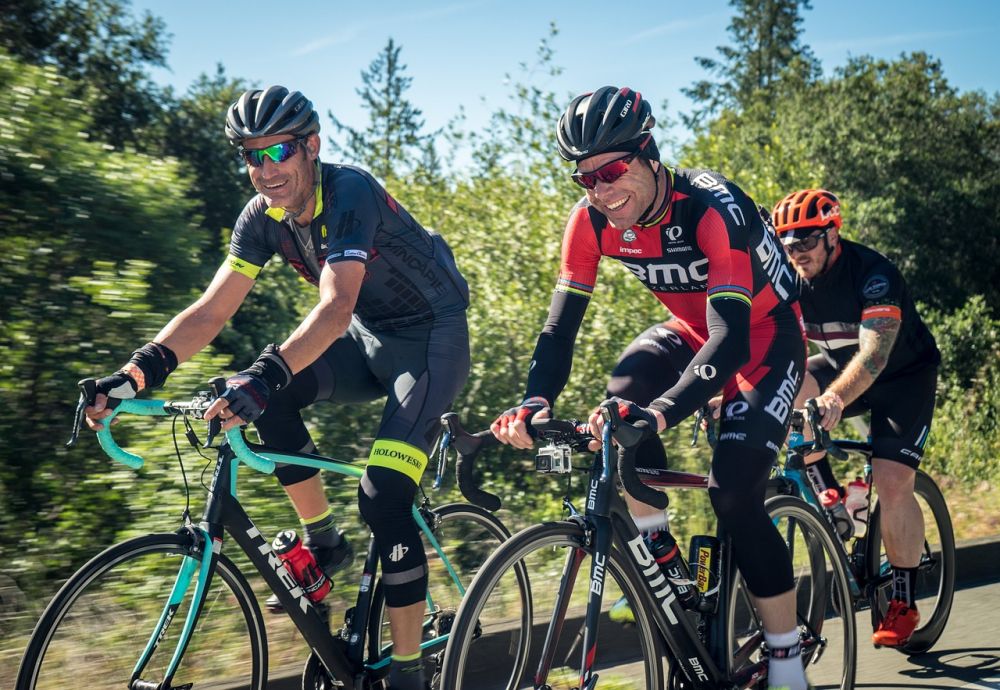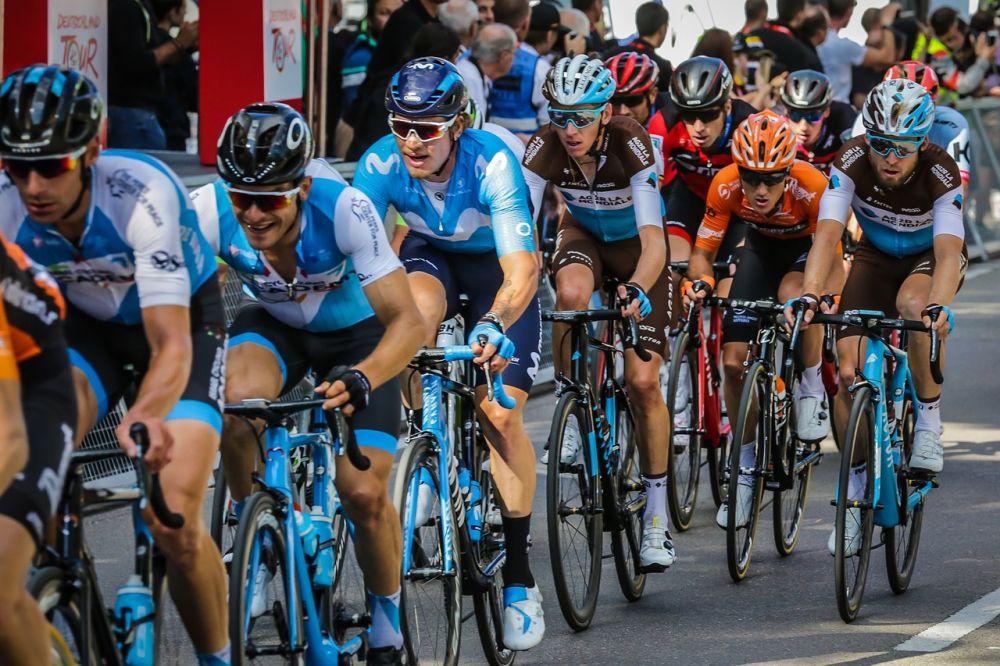Tour de France Winners: A Historic Journey of Champions

Introduction:
The Tour de France is one of the most prestigious and challenging bicycle races in the world. It captivates sports and leisure enthusiasts, showcasing the sheer determination, endurance, and skill of the world’s best cyclists. In this article, we will delve into the fascinating world of Tour de France winners, providing a comprehensive overview for those interested in this captivating subject.
Historical Evolution of Tour de France Winners:

The Tour de France was first organized in 1903 as a way to boost sales for the French newspaper L’Auto. Since then, it has evolved into a grueling three-week race, covering around 3,500 kilometers and attracting top cyclists from all corners of the globe.
Early Years:
In the early years, the race predominantly consisted of French participants, reflecting the nation’s dominance in cycling at that time. Maurice Garin, a French rider, won the inaugural edition of the race, setting the tone for the fierce competition that would characterize the Tour de France for decades to come.
Internationalization:
As the race gained international recognition, an increasing number of foreign riders began to participate. In 1909, François Faber from Luxembourg became the first non-French winner of the Tour de France, breaking the French monopoly. This brought about a shift in the composition of winners, with notable champions emerging from different nations.
Golden Era:
The 1960s and 1970s marked a golden era for the Tour de France. Legendary cyclists such as Eddy Merckx from Belgium, Miguel Indurain from Spain, and Bernard Hinault from France dominated the race and left an indelible mark on its history. These riders showcased remarkable skills, strength, and tenacity, winning multiple editions of the race and capturing the hearts of millions of cycling fans worldwide.
Technological Advancements:
As the years progressed, technological advancements transformed the sport of cycling. Lightweight carbon fiber frames, aerodynamic helmets, and advances in nutrition and training methodologies have contributed to improvements in the performance of riders. These advancements have blurred the boundaries of what was once thought possible, enabling cyclists to achieve faster times and push the limits of their endurance.
Modern Era:
In recent years, the Tour de France has seen a surge in talent from various countries. Riders such as Chris Froome from Great Britain, Alberto Contador from Spain, and Tadej Pogačar from Slovenia have demonstrated exceptional prowess on the mountains, challenging the status quo and redefining the race’s dynamics.
The Importance of Tour de France Winners:
Tour de France winners serve as role models and inspirations for aspiring cyclists around the world. Their dedication, discipline, and unwavering commitment to their craft showcase the pinnacle of human potential. They symbolize the triumph of the human spirit and the pursuit of excellence. Beyond their individual achievements, Tour de France winners also play a crucial role in promoting the sport and fostering a sense of unity among cycling enthusiasts globally.
Featured Snippet:
To increase the likelihood of this article being displayed as a featured snippet on Google, it is vital to incorporate bulleted points presenting key information. Here are some bulleted points highlighting crucial aspects of Tour de France winners:
– The Tour de France is a premier cycling race held annually since 1903.
– Maurice Garin, a French rider, won the inaugural edition of the race.
– The competition has historically been dominated by French cyclists.
– François Faber from Luxembourg was the first non-French winner in 1909.
– Eddy Merckx, Miguel Indurain, and Bernard Hinault are legendary champions of the race.
– Technological advancements, such as lightweight carbon fiber frames, have revolutionized the sport.
– Modern era champions like Chris Froome and Tadej Pogačar have pushed the boundaries of cycling.
– Tour de France winners inspire aspiring cyclists globally with their dedication and achievements.
Conclusion:
The Tour de France winners symbolize the spirit of athletic excellence and the pursuit of greatness. Over the years, they have left an indelible mark on the race’s history, showcasing the evolution of the sport and the resilience of the human spirit. As we eagerly await the next edition of the Tour de France, let us celebrate the champions who have come before, and be inspired by their extraordinary feats of athleticism.





